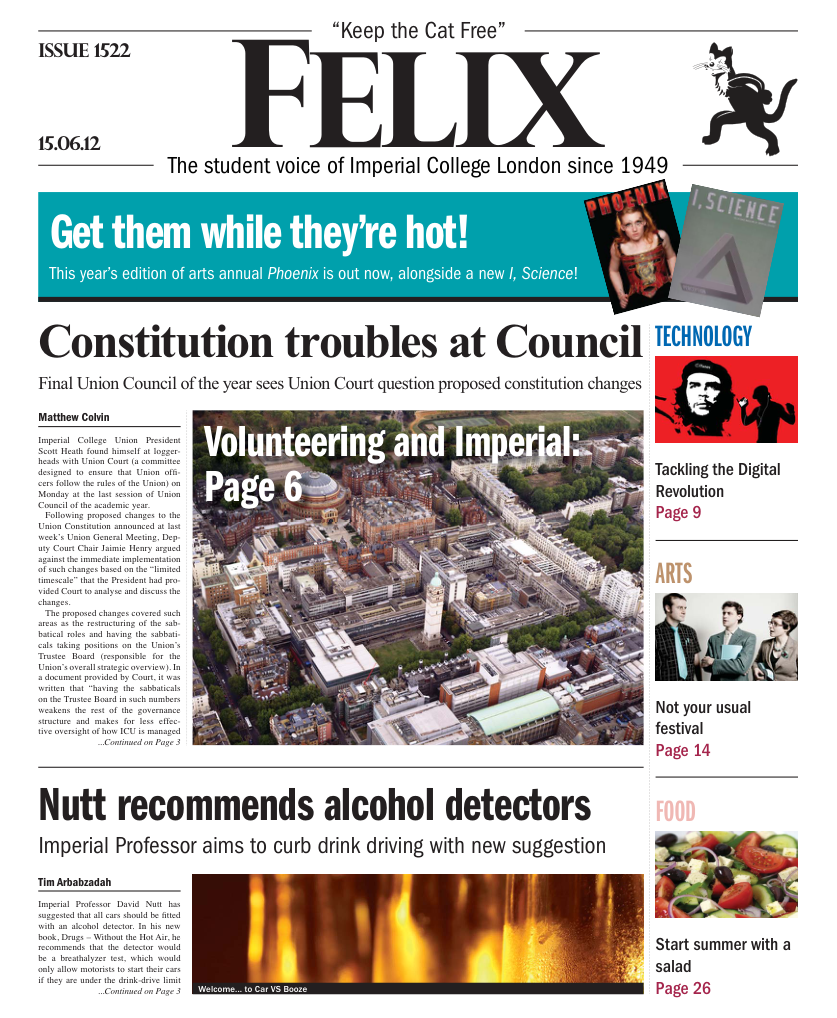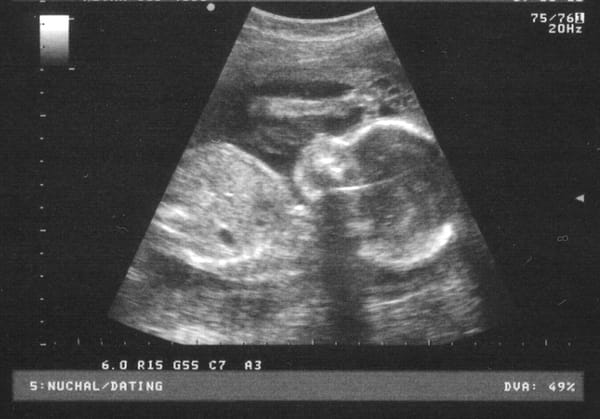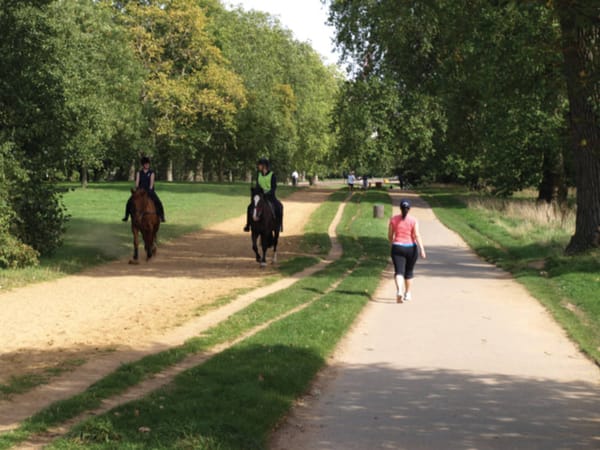Organ donation: is it selfless or selfish?
You don't have to be a philanthropist to want to donate your organs

Don’t worry. I’m not going to intimidate you with statistics in order to convince you to give your organs away at death. Nor am I going to persuade you that you’ll be needing them in the afterlife. It is after all your body and it’s really none of my business what you do with it.
But I wonder if you have ever considered that organ donation might not be that selfless but in fact a little selfish? At the time of writing (this is 2012 A.D.), no elixir of life has been invented. At most, we can hope to live into our early 100s. Pledging our organs at death however gives us functionality beyond the grave, the closest we can get to immortality. One human can save or greatly enhance multiple people’s lives, a rare occurrence in every day life, which means you (well, part of you) could yet end up as prime minister, an Olympian, a Nobel laureate or even all three. Look at it this way: it’s a reassuring security that on death, your entire being and purpose doesn’t evaporate instantaneously. And it’s a security that comes both for free and with minimal effort: all of two minutes registering online. So it comes as a surprise to me that more people don’t listen to their selfish side and embrace this option.
... you... could yet end up as a prime minister, an Olympian, a Nobel laureate
The Welsh government are currently moving towards an ‘opt-out’ system of organ donation in which people are automatically placed on the organ donor list unless they object. This method, although likely to get some apathetic people donating who otherwise might not, is unlikely to change someone’s mind that is already set. Tackling how and why people make their decision whether to donate or not are, in my opinion, far more important. Education could remove the mild taboo surrounding organ donation discussions allowing people to engage with opinions on both sides. This would allow us to make a more informed decision without feeling forced into donating. If, however, this new legislation clearly removes the opportunity for family veto, a chance for family members to go against the wishes of the deceased, I am in favour of this move; I certainly would not like my selfish security to be taken away from me by a relative at the last minute.
Needless to say, my selfish argument cannot extend to people who give blood, stem cells and live kidneys. Yes you might get a bit of a buzz like Nicholas Crace, the oldest living kidney donor at 83, did, who explained that: “It’s nice to feel in old age that one can still be useful”. And you might get a (greater) chance to be part of a rock group or the cabinet. But achieving these things takes time, effort and discomfort. These are surely selfless acts of kindness and those who help other people in this way are in my eyes the true heroes.






